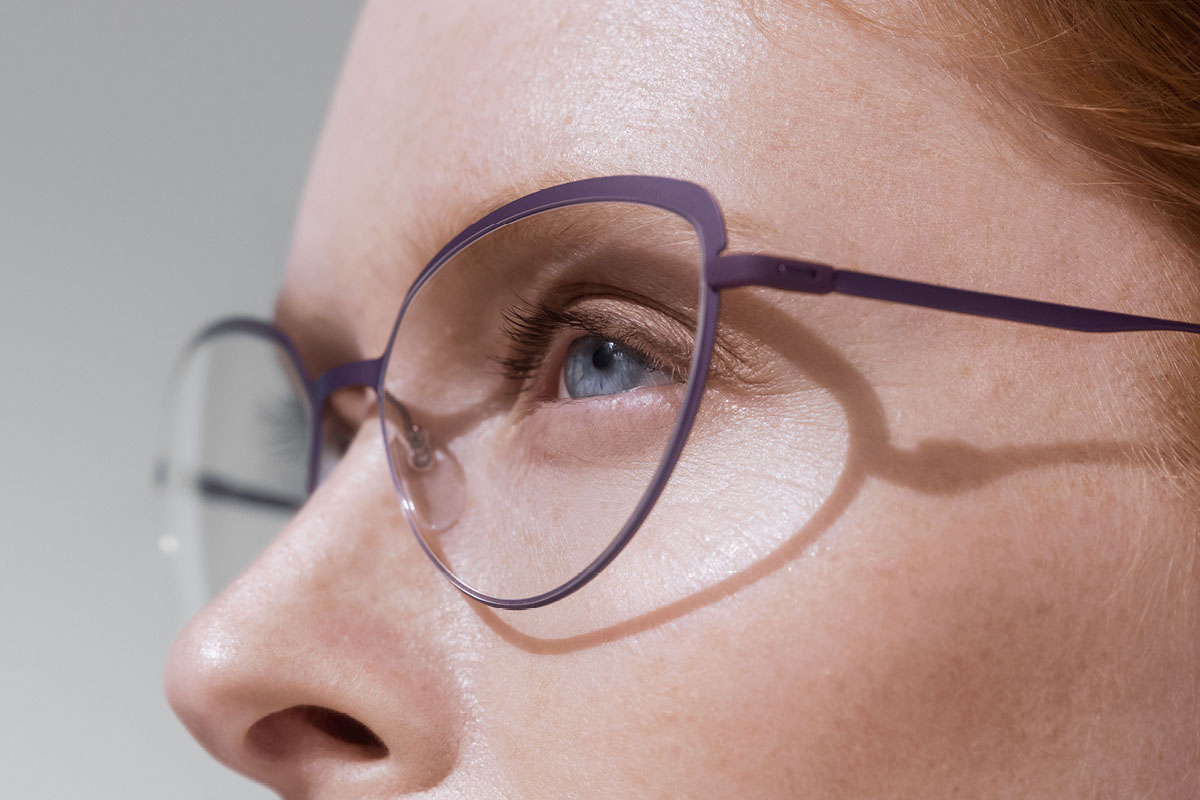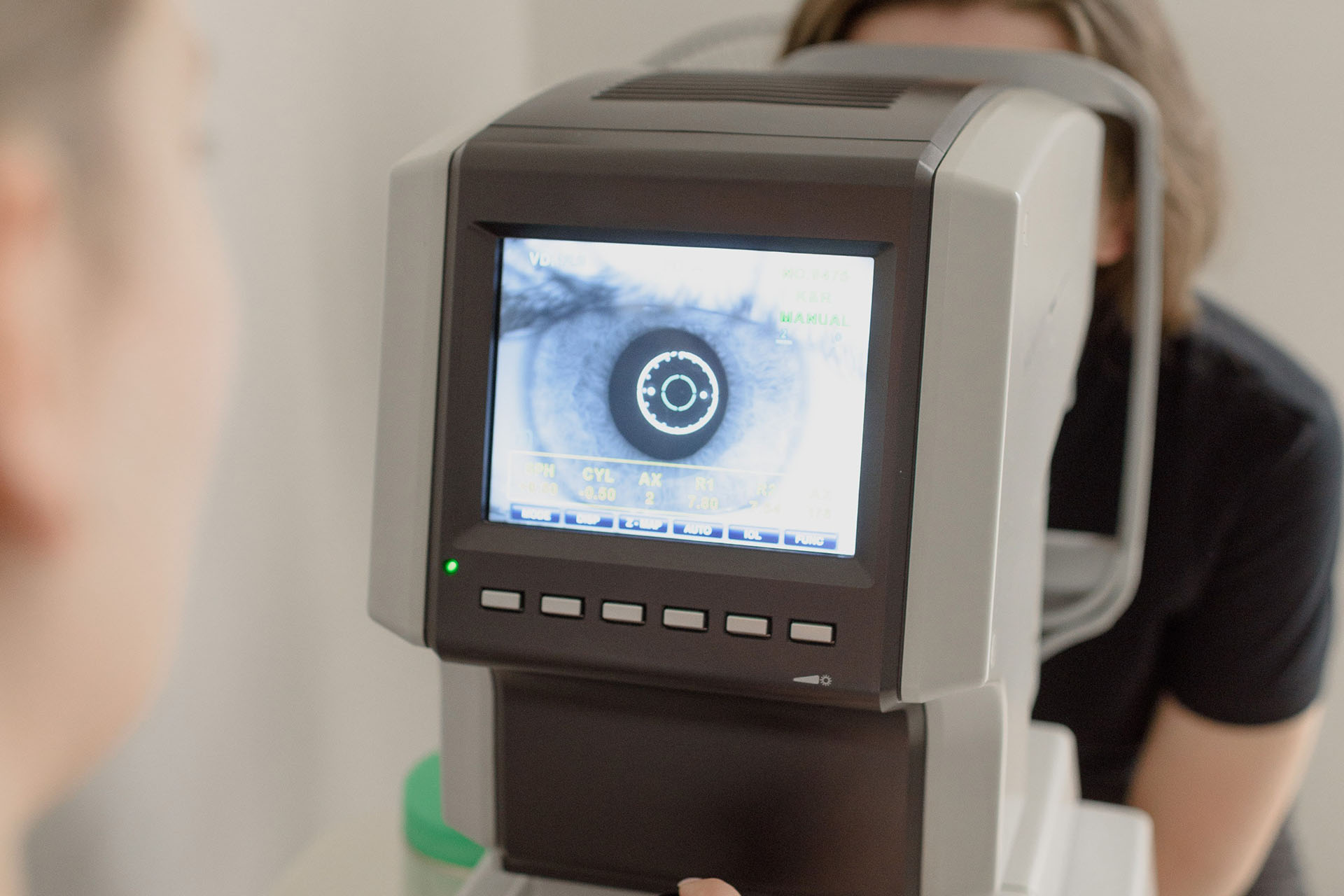Specialist
Eye Examination
Routine eye examinations are important regardless of age. Its not just about vision its about ocular health too.


Sight is regarded by most people as the most precious sense. Yet how many people have an eye examination as part of their general well-being? Regular eye examinations are essential for the following reasons:
Optimal vision
- To perform daily tasks which may include reading or driving as examples
- Occupational demands and to meet visual requirements
- Playing sport
Eye Co-ordination
Ensure the two eyes work together. Inbalance may cause symptoms of tired eyes and headaches . In some causes double vision may indicate a neurological condition.
WHAT HAPPENS DURING AN EYE EXAMINATION?
As everyone’s eyesight is different, we tailor the examination to your individual circumstances. This may contain the following elements and other tests where appropriate, based on our professional evaluation of your visual requirements.
History and Symptoms: We will ask a series of questions about your health, family health, your work and lifestyle. As some eye conditions are related to general health it’s important to let us know if you are taking any medication as this could affect your sight.
A clear understanding of your visual requirements, especially if a specific problem is a reason for your visit.
Ophthalmoscopy: This is an important part of the examination, where we shine a light into the eyes to examine the internal structures of the eye, such as the crystalline lens, retina and optic nerve and can detect several possible ocular problems such as glaucoma, cataracts, macula degeneration and retinal problems related to vascular conditions eg Diabetes or Hypertension (high blood pressure)
Visual field Screening: This checks your all-round vision and can detect Glaucoma or other neurological conditions with particular attention paid to your peripheral ( side vision) sight.
Colour Perception test: This can indicate a colour vision defect. As this is normally a stable, hereditary condition, this test is normally conducted on your first visit.
Refraction: This is divided into 2 parts;
1. Objective assessment – involves the use of a hand-held instrument called a Retinoscope. The Optometrist shines a light into the eye and views the reflected light to determine a close guide if a correction is required ie a Prescription. Due to its accuracy, its relied upon when examining children or people with learning difficulties when issuing a prescription.
2. Subjective assessment – following Retinoscopy, the optometrist will fine-tune the results by asking you to read the test chart through the different strength lenses, each eye will be tested individually and finally, both will be tested together.


Your visual correction explained
MYOPIA (short-sighted
Where light from an object at a distance forms an image in front of the retina and requires correction from a MINUS lens power.
HYPERMETROPIA (long-sighted)
Where light from an object forms behind the retina and requires correction from a POSITIVE lens power.
ASTIGMATISM
Where the is more than one point of focus and is mostly due to the Cornea ( the clear front part of the eye) being non-spherical. The most common analogy is its curves alike that of a rugby ball rather than a football. This is easily corrected by us of CYLindrical lenses which is stronger in certain areas to compensate for the irregular curves.
PRESBYOPIA
Presbyopia is a perfectly natural condition that will affect us all. Its symptoms can include difficulty with reading small print in poor light or the need to hold print further away for you. Inside the eye is a flexible, crystalline lens that changes shape to focus for near images. Gradually the lens becomes less flexible, so it can no longer focus clearly at all distances, the necessary correction will be recorded under the ADD portion of your prescription.
”Carmelo is simply the best optician I've ever used. Forget big chains like Boots / Specsavers etc because what most people want is a kind, personable and caring approach and that is what Carmelo provides.
Nigel Armstrong
